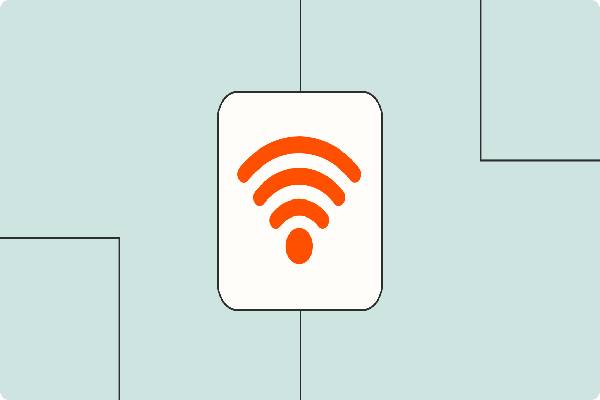Hard Drives
Here are the steps on how to use hard drives:
Connect the hard drive to your computer. Most hard energies
come with a USB cable that you can use to connect them to your computer. If
your hard drive is an internal hard drive, you will need to install it in your
computer's case.
Format the hard drive. Once the hard drive is linked to your
computer, you will need to format it. This will create a file system on the
hard drive so that you can stock files on it.
Copy files to the hard drive. Once the hard drive is arranged,
you can copy files to it. You can do this by dragging and dropping files from
your computer's hard drive to the hard drive.
Use the hard drive. Once you have copied files to the hard
drive, you can use it to store files, back up your data, or transfer files
between computers.
Here are some additional tips for using hard drives:
If you are using an external hard drive, make sure to back
up your data regularly. This is because external hard drives are more
susceptible to damage than internal hard drives.
If you are using an internal hard drive, make sure to keep
it cool. Hard drives can overheat if they are not properly cooled, which can
shorten their lifespan.
If you are using a hard drive for a long period of time,
defragment it regularly. This will help to improve the performance of the hard
drive.
How do I use my hard drive for the first time?
Here are the steps on how to use your hard drive for the
first time:
Connect the hard drive to your computer. If you are using an
external hard drive, you will need to connect it to your computer using a USB
cable. If you are using an internal hard drive, you will need to install it in
your computer's case.
Format the hard drive. Once the hard drive is linked to your
computer, you will need to format it. This will create a file system on the
hard drive so that you can stock files on it. You can format the hard drive
using the Disk Organization tool in Windows or Disk Utility in macOS.
Copy files to the hard drive. Once the hard drive is arranged,
you can copy files to it. You can do this by dragging and dropping files from
your computer's hard drive to the hard drive.
Use the hard drive. Once you have copied files to the hard
drive, you can use it to store files, back up your data, or transfer files
between computers.
Here are some additional tips for using your hard drive
for the first time:
If you are using an external hard drive, make sure to back
up your data regularly. This is because external hard drives are more
susceptible to damage than internal hard drives.
If you are using an internal hard drive, make sure to keep
it cool. Hard drives can overheat if they are not properly cooled, which can
shorten their lifespan.
If you are using a hard drive for a long period of time,
defragment it regularly. This will help to improve the performance of the hard
drive.
Here are some additional things to keep in mind:
If you are using a new hard drive, it may not be detected by
your computer immediately. You may need to restart your computer or change the
SATA mode in the BIOS.
If you are using an old hard drive, it may not be compatible
with your computer. You may need to update the BIOS or drivers in order to use
the hard drive.
If you are having trouble using your hard drive, you can refer
the user manual or contact the manufacturer for support.
I hope this helps! Let me know if you have any other
questions.
How do I use hard drive for storage?
Hard drives are used for storage in a variety of ways. Here
are some common examples:
Storing files: Hard drives can be used to store files such
as documents, photos, music, and videos. This is a great way to free up space
on your computer's hard drive.
Backing up data: Hard drives can be used to back up your
data. This is a critical safety measure in case your computer's hard drive
fails.
Transferring files: Hard drives can be used to transfer
files between computers. This is a convenient way to share files with others or
to move files to a new computer.
Running applications: Some hard drives, called solid-state
drives (SSDs), can be used to run applications. This is because SSDs are much
faster than traditional hard drives.
Here are some additional tips for using a hard drive for
storage:
If you are using an external hard drive, make sure to back
up your data regularly. This is because external hard drives are more
susceptible to damage than internal hard drives.
If you are using an internal hard drive, make sure to keep
it cool. Hard drives can overheat if they are not properly cooled, which can
shorten their lifespan.
If you are using a hard drive for a long period of time,
defragment it regularly. This will help to improve the performance of the hard
drive.


.jpg)